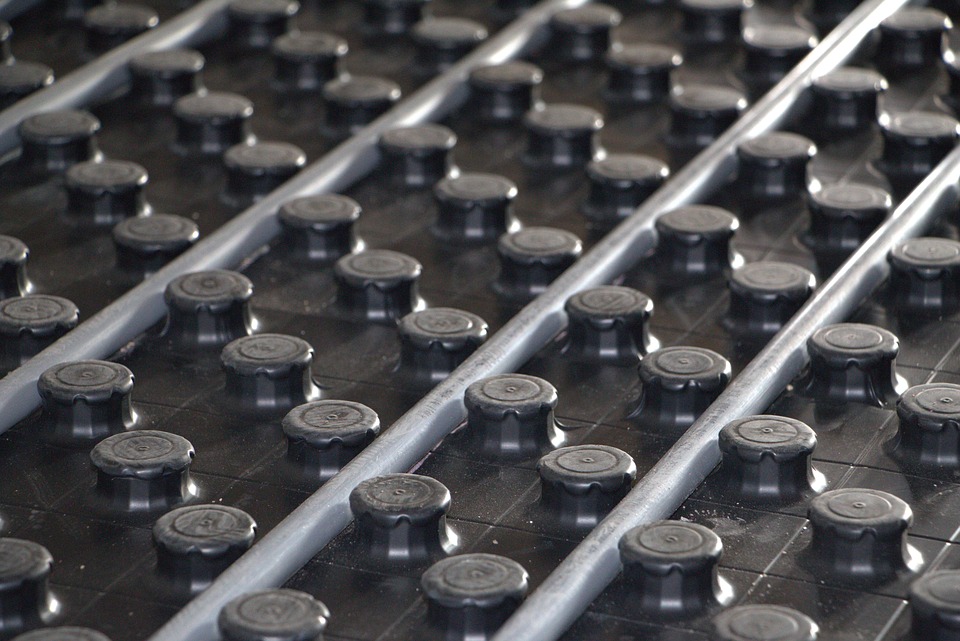In the competitive arena of heating engineering, where qualifications and experience are paramount, your CV is your first impression. It’s not just a piece of paper; it’s a ticket to your next opportunity. A well-structured CV can set you apart from the crowd, showcasing your skills and experiences in a way that resonates with potential employers.
The Basics of a Winning CV
-
Personal Details: Start with your name, contact information, and a professional email address. Avoid unnecessary personal details like age or marital status; they are irrelevant and could lead to bias.
-
Professional Summary: A succinct summary at the top of your CV can serve as a powerful hook. Highlight your years of experience, key skills, and what makes you unique as a heating engineer. This section should be tailored to reflect the specific role you are applying for, showcasing your understanding of the industry and the specific needs of the employer.
-
Key Skills: List your technical competencies, such as proficiency in boiler installations, gas safety certifications, and experience with renewable energy systems. Soft skills like problem-solving, communication, and customer service are equally important—make sure they shine through.
Showcasing Your Experience
When detailing your work history, adopt a reverse chronological format. This method allows hiring managers to see your most relevant experience at a glance.
- Job Title, Company Name, Location (Month Year – Month Year)
- Responsibilities: Briefly outline your daily tasks, focusing on achievements rather than just responsibilities. Use action verbs to bring your experience to life—words like "designed," "implemented," and "managed" can convey your proactive nature.
- Achievements: Quantify your successes where possible. Did you reduce downtime by implementing a new maintenance schedule? Did you receive customer commendations? Numbers and accolades speak volumes.
Qualifications and Certifications
In the heating engineering field, qualifications can make or break your CV. List your relevant certifications, such as:
- Gas Safe Register
- City & Guilds Level 2 and 3 in Plumbing and Heating
- Unvented Hot Water Systems
Additionally, if you have completed any ongoing professional development courses, include those as well. It shows a commitment to your trade, crucial in a field that is ever-evolving with new technologies and regulations.
Tailoring Your CV for Each Application
A one-size-fits-all approach rarely works in the job market. Tailor your CV for each application by aligning your skills and experiences with the job description. Highlight keywords from the job posting—these often include specific competencies or experiences that employers are looking for.
The Finishing Touches
Before hitting send, ensure your CV is polished and professional. A clean layout, free of spelling and grammatical errors, is non-negotiable. Use a consistent font and size, and maintain a logical flow throughout the document.
Consider including a cover letter that complements your CV. It’s an opportunity to elaborate on your most relevant experiences and express your enthusiasm for the role and the company.
With these elements in place, you’ll have a CV that not only stands out but also effectively communicates your value as a heating engineer in the UK job market.
Crafting a compelling CV is an art, one that requires attention to detail and an understanding of what employers seek. Remember, CVPortal is here to continually provide you with high-quality CV references to support your job search.


